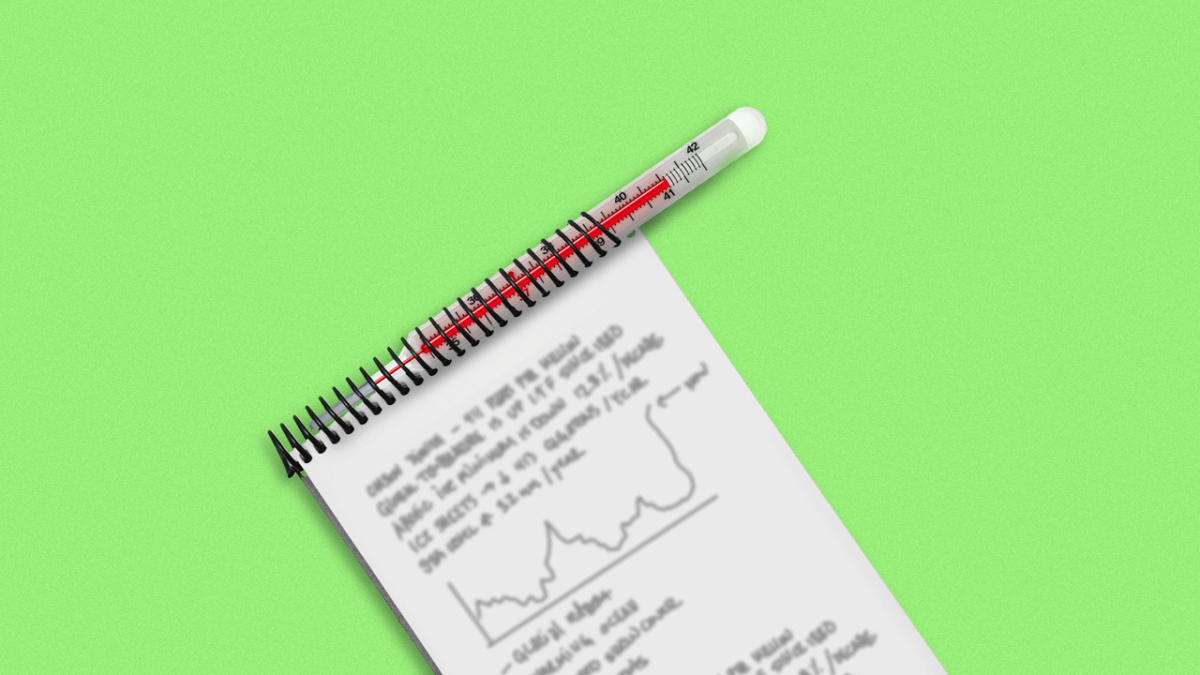
The U.N. Intergovernmental Panel on Climate Change (IPCC) is set to report its next slate of findings, focused on mitigating global warming, on April 4.
Why it matters: The IPCC’s conclusions on how to avert the most severe consequences of global warming will help guide policymakers and business leaders as they aim to cut emissions.
Stay on top of the latest market trends and economic insights with Axios Markets. Subscribe for free
Between the lines: During a media briefing before the start of a two-week plenary meeting, during which scientists and government representatives will review each word used in the influential summary for policymakers, scientists laid out the broad contours of the report.
-
Jim Skea, co-chair of Working Group III and a researcher at Imperial College in London, said the new report will for the first time have an extensive discussion of the need for carbon removal technologies in order to meet the Paris Agreement’s temperature targets.
-
Social science findings will also be woven through the report, Skea said.
-
As part of the last tranche of its sixth assessment report, the IPCC will detail the emissions pathways the world would need to follow to limit warming to 1.5°C to 2°C, including where we’re currently headed.
-
Based on current temperature trends and the six-to-seven-year cycle of IPCC assessments, this may be the last IPCC report to be published before the world bumps up against the 1.5°C target, beyond which potentially catastrophic impacts are more likely.
The intrigue: Skea revealed that the inner workings of the Nobel Prize-winning IPCC are being studied, with outside researchers permitted for the first time to observe the group’s deliberations during each plenary and lead author meetings.
-
Jessica O’Reilly, the principal investigator of an NSF-funded study on climate science assessments and an environmental anthropologist at Indiana University, told Axios that she is hoping to shed light on how scientists from around the world, encompassing multiple disciplines, work toward consensus.
-
O’Reilly said she has seen scientists and government representatives grapple with how to state trends that have increased in confidence since previous reports, and how to navigate uncertainty through their careful wording.
-
“They work so hard,” she said of the IPCC co-authors.
How it works: Along with a group of about five co-investigators, including representation from the developing world, O’Reilly’s project has received about $160,000 in federal funding via the National Science Foundation, beginning in 2016.
-
“This project marks the first time social scientists will observe the processes of the IPCC in real-time, from the inside,” the NSF grant page states.
-
“Our project examines how IPCC authors come to agreement about climate facts as well as how to write about topics lacking expert agreement or research gaps,” O’Reilly told Axios via email.
-
She and her colleagues have interviewed IPCC authors at various points during the report’s process.
-
“We have been learning about decision making, group dynamics, the individual experiences of authors, and the boundary work between science and politics, and how current and future IPCC reports provide advice to decision-makers implementing the Paris Agreement,” she said.
The bottom line: The NSF touts the project’s potential to “help improve the application of climate science to policy.”
Go deeper: UN report: Climate change is so severe we’re running out of time to adapt
Like this article? Get more from Axios and subscribe to Axios Markets for free.




